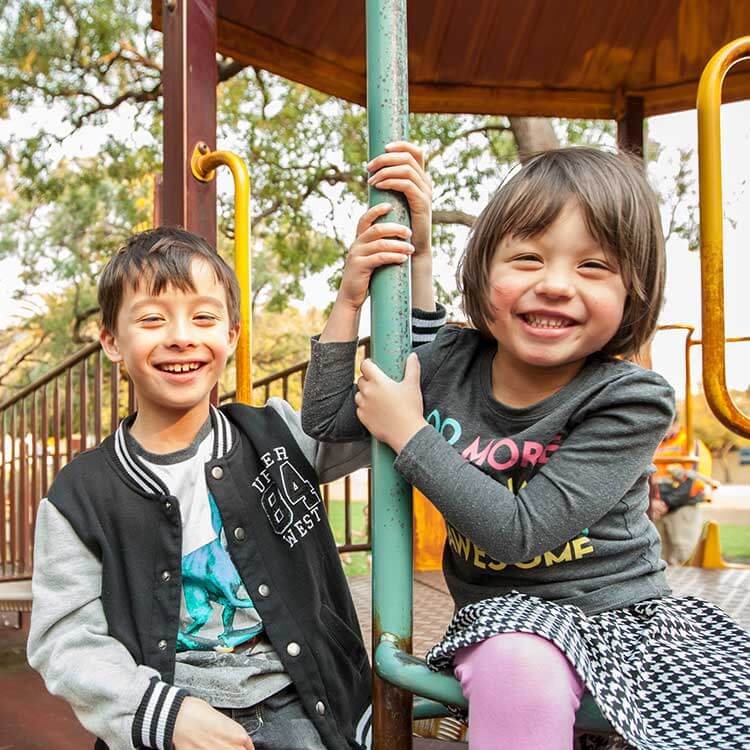Search
Research
Repeated vaccination does not appear to impact upon influenza vaccine effectiveness against hospitalization with confirmed influenzaThese findings reinforce current recommendations for annual influenza vaccination, particularly those at greatest risk of influenza disease.
Research
Infection characteristics and treatment of Staphylococcus aureus bacteraemia at a tertiary children's hospitalThere is a wide spectrum of disease severity in paediatric Staphylococcus aureus bacteraemia
Research
Optimising the use of linked administrative data for infectious diseases research in AustraliaIncreased collaboration and engagement across all sectors can optimise the use of linked data to help reduce the burden of infectious diseases
Research
Birth outcomes for Australian mother-infant pairs who received an influenza vaccine during pregnancy, 2012-2014: The FluMum studyWe assessed the safety of receiving an influenza vaccination during any trimester of pregnancy with respect to preterm births and infant birthweight.
Research
Duplex quantitative PCR assay for detection of haemophilus influenzae that distinguishes fucose-and protein d-negative strainsDeveloped a specific Haemophilus influenzae quantitative PCR (qPCR) that also identifies fucose-negative and protein D-negative strains
Research
Development of a human papillomavirus vaccination intervention for Australian adolescentsIntervention to address young people's low levels of understanding, to promote their involvement in consent and reduce vaccination-related fear and anxiety.

News & Events
Meningococcal vaccine provides extra protection for bubsIn 2017, a steep rise in cases of meningococcal disease caused by the W strain sparked a wave of concern for parents in Western Australia.
Research
The Platform Trial In COVID-19 Priming and BOOsting (PICOBOO): The immunogenicity, reactogenicity, and safety of different COVID-19 vaccinations administered as a second boosterPICOBOO is a randomised, adaptive trial evaluating the immunogenicity, reactogenicity, and safety of COVID-19 booster strategies. We report data for second boosters among individuals 50-<70 years old primed with AZD1222 (50-<70y-AZD1222) until Day 84.

Research
Paediatric Active Enhanced Diseases Surveillance (PAEDS)PAEDS monitors for key vaccine preventable conditions and severe side effects from vaccine in 5 paediatric hospitals in Australia.
Research
A Phase 3 Randomized, Double-blind, Placebo-controlled Study to Evaluate the Safety and Efficacy of MEDI8897, a Monoclonal Antibody With an Extended Half-life Against Respiratory Syncytial Virus, in Healthy Late Preterm and Term Infants (MELODY)Jennifer Peter Kent Richmond RN MBBS MRCP(UK) FRACP Clinical Research Manager Head, Vaccine Trials Group Jennifer.Kent@thekids.org.au Clinical
